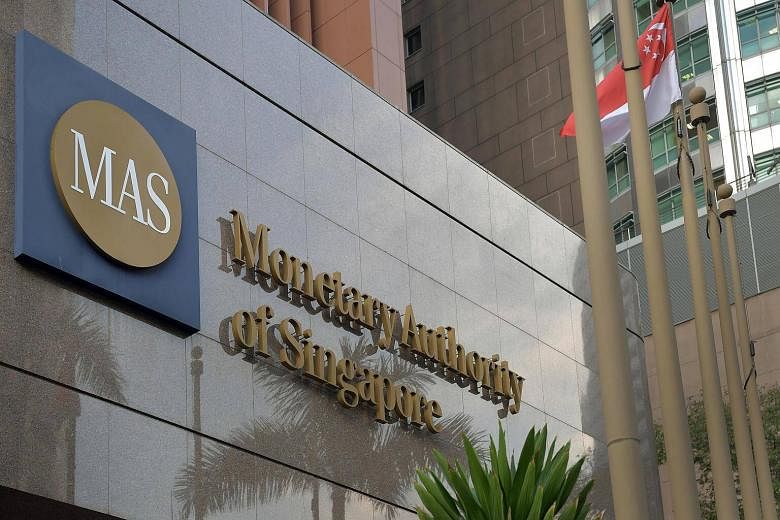Banks and fintech businesses must make sure that underserved communities are not left behind as the finance industry changes with technology, said Mr Ong Chong Tee, Monetary Authority of Singapore (MAS) deputy managing director of financial supervision, yesterday.
"In the quest to innovate, and as banks develop the sophistication to sharpen the profile of each customer, we should not overlook the need for financial inclusion - especially access to basic banking and financial services for underserved communities," said Mr Ong, during a German-Singaporean financial forum at the Singapore Management University.
He added that another area of focus was the responsible use of technology tools. Earlier this month, MAS announced it was developing a guide to promote the responsible and ethical use of artificial intelligence (AI) and data analytics by financial institutions. Helping MAS to create it is the Fairness, Ethics, Accountability and Transparency Committee, co-chaired by former chairman of the UOB group, Mr Hsieh Fu Hua, and MAS' chief data officer, Mr David Hardoon.
As technology and data analytics usage becomes more prevalent, so too the responsible use of these tools becomes paramount, Mr Ong said.
Citing the examples of Germany's Fidor Bank, China's WeBank, and DBS' digibank in India, Mr Ong noted that fully digital banks are fast gaining traction. These banks, which operate entirely online with no physical branches, represent the future of banking since they are able to provide similar services as the traditional bricks-and-mortar banks.
And with services going digital, Mr Ong added that the banking industry is both evolving and facing a revolution. "This digitisation of services has transformed the customer experience, say, for on-boarding or transactional purposes, but frankly, are not ground-breaking in themselves. But a revolution is also happening when new digital services or business models emerge that employ, say, AI or blockchain technologies. These can fundamentally change how we borrow, save, pay, invest or insure."
Separately, with regard to open banking, Singapore's stance is that banks should be sharing their data openly for the greater good, though some operational details will have to be worked out, Mr Ong said.
Broadly speaking, open banking encapsulates the concept that a consumer owns information about himself, and should be able to share that information with any third party if he chooses, and to transfer his money to any third party seamlessly.
Lastly, Mr Ong noted that regulators will need to have an understanding of emerging technologies and new business models, and be alert to potential risks that these may bring. To this end, MAS seeks to adopt appropriate regulation, according to the risk posed by the activity.

